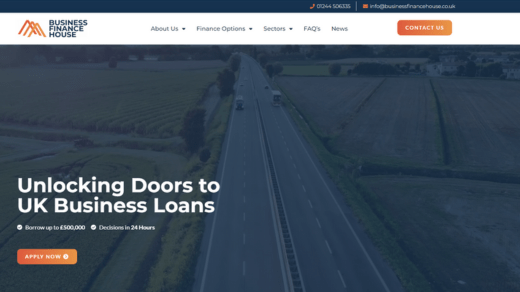Value Added Tax (VAT) is a consumption tax levied on the value added to goods and services at each stage of production and distribution. For businesses dealing with VAT, managing cash flow can be a challenging task. In such scenarios, VAT loans emerge as a viable financial solution, offering businesses the flexibility and liquidity needed to navigate their tax obligations and spur growth.
Understanding VAT and Its Impact on Businesses:
Before delving into VAT loans, it’s essential to comprehend the impact of Value Added Tax on businesses. VAT is typically charged as a percentage of the sale price of goods or services. Businesses are required to collect and remit VAT to the government, but this process can create a cash flow gap, especially for those dealing with delayed payments from customers.
The Concept of VAT Loans:
A VAT loan is a form of short-term financing designed to help businesses bridge the gap between paying VAT on their sales and receiving payments from their customers. This financial tool allows businesses to access funds equivalent to the VAT they are owed before they actually receive payment. VAT loans are structured to provide working capital support, enabling businesses to meet their tax obligations without compromising liquidity.
Key Features and Benefits of VAT Loans:
- Quick Access to Funds:
VAT loans offer a swift and efficient means of accessing funds. Businesses can expedite their cash flow by securing a loan based on the anticipated VAT refund, providing them with the resources needed to cover operating expenses, pay suppliers, or invest in growth initiatives. - Improved Cash Flow Management:
By unlocking the VAT refund before it is received, businesses can better manage their cash flow and address immediate financial needs. This helps in maintaining a steady and balanced financial position, preventing disruptions caused by delayed payments or unexpected expenses. - Flexible Repayment Terms:
VAT loans typically come with flexible repayment terms tailored to the business’s cash flow cycle. This flexibility allows businesses to repay the loan once they receive the anticipated VAT refund, aligning the repayment schedule with their financial capabilities. - Mitigating Financial Strain:
For businesses with seasonal fluctuations or those facing delays in customer payments, VAT loans serve as a strategic tool to navigate temporary financial strains. This ensures that businesses can continue operations smoothly without compromising on their financial health. - Supporting Business Growth:
VAT loans not only address immediate cash flow concerns but also empower businesses to pursue growth opportunities. Whether it’s expanding operations, investing in new projects, or seizing market opportunities, the additional liquidity provided by VAT loans can be instrumental in driving business expansion.
Considerations and Eligibility:
While VAT loans offer significant advantages, businesses should carefully assess their eligibility and consider factors such as interest rates, fees, and repayment terms before opting for this financial solution. Eligibility criteria may vary among lenders, and businesses should have a clear understanding of their VAT obligations and anticipated refunds.
Conclusion:
In the dynamic landscape of business finance, VAT loans emerge as a strategic tool for companies seeking to manage their cash flow effectively and navigate the complexities of VAT obligations. By providing quick access to funds, flexible repayment terms, and the means to address immediate financial needs, VAT loans empower businesses to thrive, invest in growth, and maintain financial resilience in an ever-evolving marketplace. As businesses continue to adapt to changing economic landscapes, VAT loans stand out as a valuable financial instrument facilitating financial stability and strategic growth.
Check out Business Finance House

